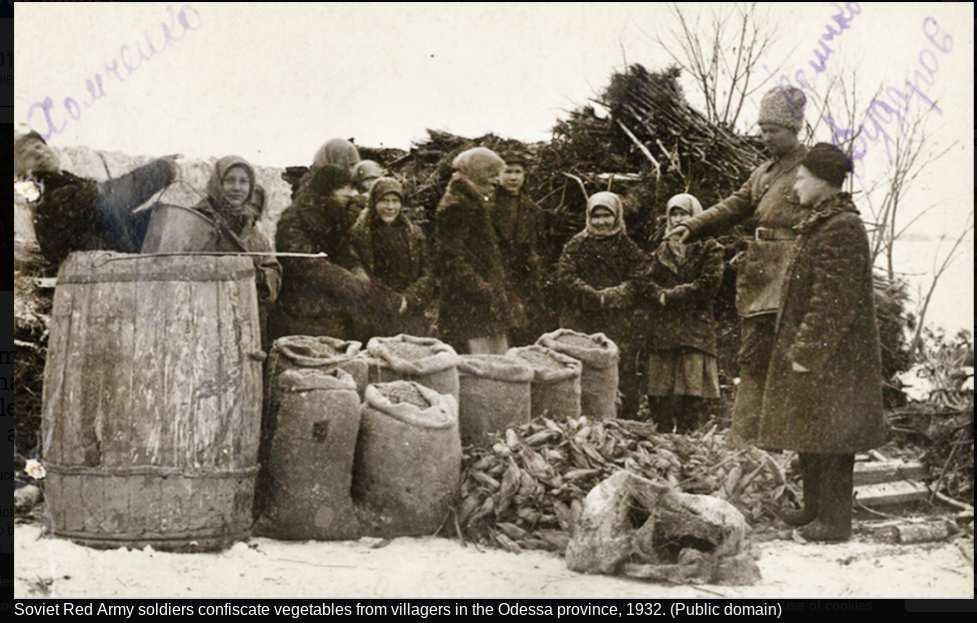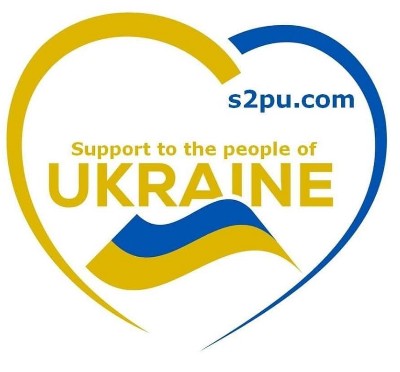
While driving through the Ukrainian countryside in 1932, Rhea Clyman, a Jewish-Canadian journalist, stopped in a village to ask where she could buy some milk and eggs.
The villagers couldn’t understand her, but someone went off and came back with a crippled 14-year-old boy, who slowly made his way to her. “We are starving, we have no bread,” he said, and went on to describe the dire conditions of the previous spring. “The children were eating grass… they were down on all fours like animals… There was nothing else for them.”
Largely forgotten, a Ukrainian professor in Canada is writing a book about Clyman, the first ever biography of the intrepid reporter.
“She went to the Soviet Union feeling very optimistic, [expecting that there would be] no unemployment, that men and women were equal,” said Jaroslaw Balan, of the Canadian Institute of Ukrainian Studies at the University of Alberta. “But she very quickly came to the realization that this was an incredible totalitarian state — how poor people were and how difficult their lives were.”
Clyman was born in 1904 in Poland, then a part of the Russian Empire, and immigrated to Canada when she was 2 years old. At the age of 6, she was hit by a streetcar and had her leg amputated. She spent the next few years in and out of hospitals.
Yet this didn’t stop her, at age 24, from traveling alone to the Soviet Union and trying to make a living as a freelance foreign correspondent.
‘She learned the language. She developed a perspective that was very different’
In 1928 Clyman got off the train in Moscow with no acquaintances and only a few words of Russian. She spent hours in the train station until someone showed her the way to a hotel, where she slept in the bathtub of an American journalist. She was to remain in the Soviet Union for the next four years.
“A lot of newspapers sent journalists [to the USSR] for short [stints],” Balan said. “But she learned the language. She developed a perspective that was very different.”
At one point, Clyman traveled to Russia’s far north to the town of Kem, near a Soviet prison camp, a place off-limits to foreigners. She met the wives of the prisoners, saw the former inmates who were not permitted to leave the town even after they were freed, and reported on how the Soviets used political prisoners as forced laborers to chop wood. This was an important story for Canada, which was then losing its lumber market in the United Kingdom to the cheaper Soviet competitor.

Comments powered by CComment